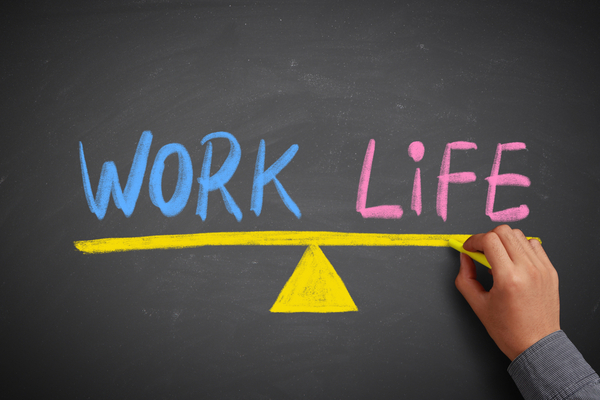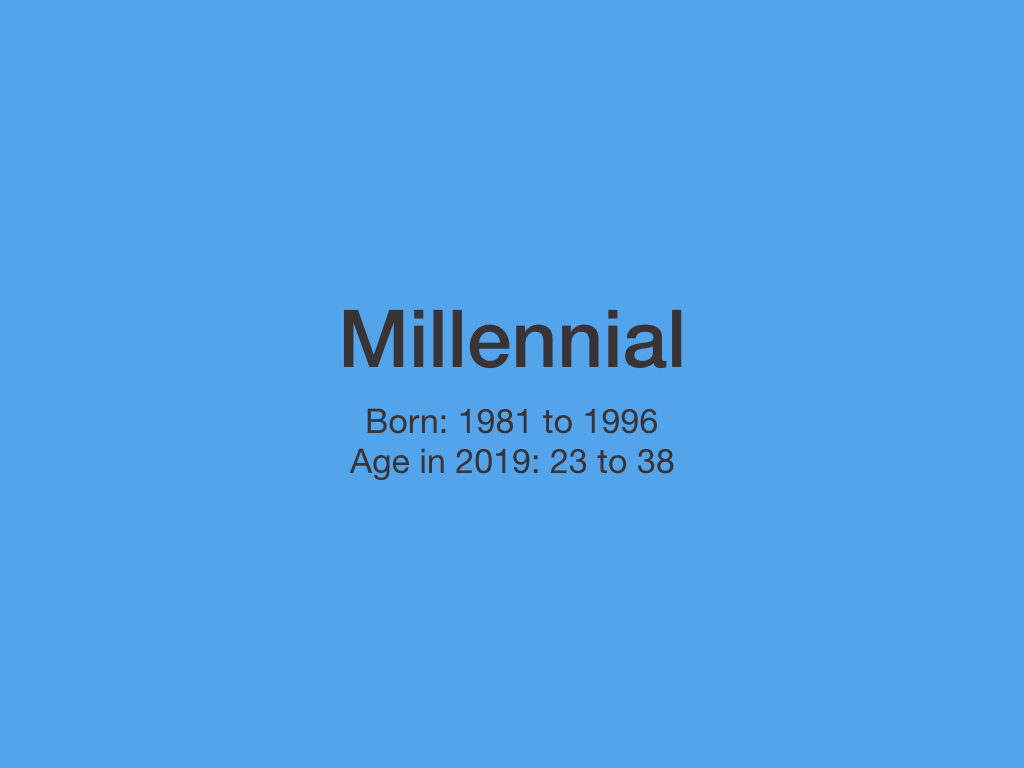With millennials now well into adulthood and most transitioning into leadership roles, a new, younger generation is entering -- and could potentially change -- the workforce: Generation Z.
Generation Z is defined by Pew Research Center as people born in or after 1997. The consulting firm BridgeWorks estimates that Generation Z accounts for 61 million people in the U.S., a number larger than Generation X and two-thirds the size of the baby boomers.
It is important that employers understand that Generation Z’s life experiences affect the companies they seek. To entice and retain them as employees, companies must shift their practices to what’s most important to them.
Initial studies of this group of emerging employees suggest that Generation Z’s are on track to becoming the most well-educated generation yet. Pew found the oldest Generation Z’s are enrolling in college at a significantly higher rate than Millennials were at a comparable age.
This is good news for positions such as those in anatomic and clinical pathology that require degrees in higher education. In fact, according to studies conducted by Indeed.com, Generation Z’s are focused on finding stable jobs, mostly in tech and healthcare, which they consider to be “future-proof” jobs and with stability.
Research recently published on Forbes.com, which includes recent industry insights, uncovers what Generation Z’s look for in a career.
Let’s take a look at four survey responses by Generation Z as a way to begin to understand how the workplace may need to change.

Safety
In a survey of 400 college students, 77 percent of participants said “feeling safe” was their top office environment quality. This may not be surprising since they grew up with multiple school shootings. The Columbine High School massacre occurred in 1999, when the eldest Gen Z’s were only just two years old. Since then, a shooting or killing spree has made headlines almost every year.
Potential Fix: Provide a safe and diverse environment where Generation Z’s can be themselves and express their views. Encourage a culture of open-mindedness and listening while eliminating closed-minded prejudices that can hurt others, outdated thinking and bias.
Social Media
Generation Z had access to smartphones from childhood and, in many cases, can’t remember life without one. In fact, Apple launched the first iPhone in 2007 when the eldest Generation Z’s were just 10. They were the first generation to grow up with social media, which made it easier and faster to give life to social movements.
Potential Fix: Forbes.com recommended that companies may need to adjust their tactics. They suggest relaxing company standards around social media. Rather than reprimanding an employee for a political post on social media, try to understand their point of view. They suggest using corporate philanthropy days to work with projects and organizations the workers care about.


Money Consciousness
Having grown up during the Great Recession, many are money conscious. According to a report from the polling firm Barna Group, 65 percent of Generation Z’s said financial independence is what they would like to achieve before turning 30.
Potential Fix: Consider redefining the company’s bonus structure, overtime policy, or add a sign-on or referral bonus.
Balance
The biggest measures of success of those polled by Forbes.com were being happy and having good work-life balance. Members of Gen Z also said the most important trait a good boss can possess is respect for work hours.
Potential Fix: They suggested adding on-site services, such as pet grooming or fitness classes, so workers can complete personal tasks and have fun while at work.

As the years move on and more Generation Z’s are hired, changes must be made to your corporate culture. Better understanding your employees will help decide in which direction your facility must go to retain them.
If your clinical or anatomic laboratory is in need of permanent or temporary staff, contact HCI today. We’ve got who you need.





